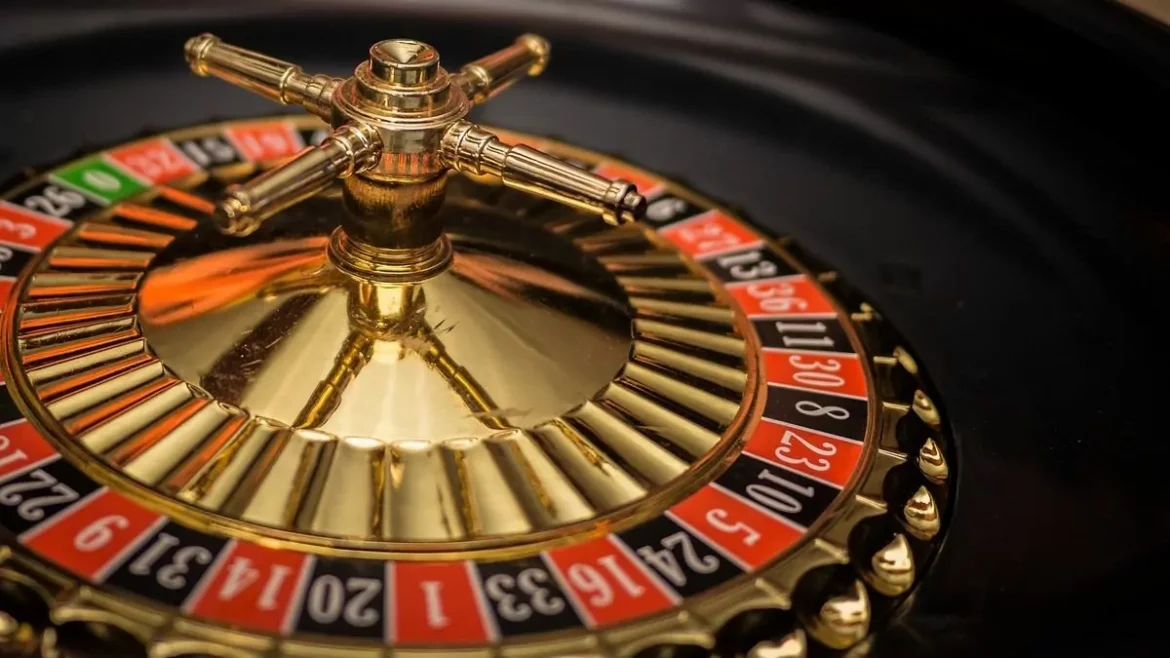Gambling as a Response to Everyday Monotony
Routine is often invisible yet powerful. Work, commuting, chores, and endless digital scrolling create a sense of suffocating predictability. For many, this quiet boredom is more draining than stress itself. In this landscape, online casinos emerge as antidotes – tools not only of entertainment but of self-reinvention. On platforms like click to go to 5gringos5.gr, players discover a rhythm that breaks the monotony of ordinary life.
Gambling, far from being just about risk, often serves as a response to routine. It is an intentional act of injecting uncertainty, excitement, and emotional color into otherwise gray days. But why is boredom such a strong driver of gambling? And why does chance become such an appealing way to “wake up” from life’s routine?
Boredom as an Emotional Force
More Draining Than Stress
While stress motivates problem-solving, boredom erodes vitality. It is an emotional vacuum, a sense of disengagement from life. Psychologists argue that boredom is not emptiness but a craving for intensity.
Gambling as the Shortcut
Casinos provide intensity instantly. The spin of a reel or the flip of a card is enough to jolt the system with adrenaline, temporarily curing boredom with microbursts of excitement.
Why Casinos Fit the Bored Mind
The Paradox of Predictable Randomness
Boredom stems from over-predictability. Gambling offers the opposite: structured unpredictability. Each spin is uncertain, but the ritual is familiar. This balance between newness and repetition is perfectly suited for those craving stimulation.
The Ritual of Play
Online platforms transform boredom into ritualized engagement. Checking in daily, claiming bonuses, and following play streaks build a rhythm that feels like progress, even if outcomes are random.
Routine, Rebellion, and the Casino
Gambling as Micro-Rebellion
For some, playing in a casino is a rebellion against the suffocating rules of everyday life. Where work demands discipline and monotony, gambling offers freedom, chaos, and the thrill of breaking away.
The Beauty of Uncertainty
Unlike routines that promise predictable outcomes (salary, chores, responsibilities), gambling thrives on uncertainty. This contrast makes it a symbolic weapon against boredom.
Case Studies: Stories of Escaping Routine
- The Office Worker: Logs into an online casino during lunch breaks, seeking escape from spreadsheets and meetings.
- The Parent: After hours of routine care, uses short bursts of slot play as a reminder of personal autonomy.
- The Student: Caught in repetitive study schedules, finds relief in the instant novelty of digital games.
Generational Perspectives on Gambling and Boredom
Millennials and “Experience-Seeking”
Millennials, shaped by crises and monotony, often see gambling as an “experience” rather than mere play. They value the story of breaking routine.
Gen Z and Constant Stimulation
Digital natives treat gambling as just one more form of stimulation, akin to scrolling TikTok. For them, boredom is intolerable, and casinos offer instant antidotes.
The Risks of Escaping Routine Through Gambling
When Cure Becomes Cage
While gambling temporarily cures boredom, it risks creating dependency. If the only antidote to routine becomes play, boredom itself may deepen when the casino is absent.
Boredom-Amplified Addiction
Studies show boredom increases vulnerability to gambling addiction. The more monotonous daily life feels, the stronger the pull of “just one more spin.”
Online Casinos and the Engineered Escape
Gamified Anti-Routine
Casino platforms design their interfaces to disrupt monotony – offering daily missions, rewards, and changing jackpots that simulate freshness.
Personalization and Flow
AI personalization means the platform “learns” a player’s rhythms, offering challenges that keep boredom at bay while maintaining engagement.
Expert Insights: Gambling as Emotional Self-Medication
Behavioral experts argue that gambling is less about money and more about mood regulation. In the fight against boredom, casinos serve as emotional medicine – providing stimulation, social interaction, and symbolic victories.
Conclusion – Gambling as a Ritual of Escape
Gambling is not simply a game of money – it is a ritual against routine. Casino platforms highlight how players use casinos as antidotes to monotony, injecting unpredictability into lives that feel too structured.
But this ritual has double edges: while it offers relief, it can also build dependency. The challenge lies in understanding gambling not only as play but as a mirror of our emotional battles with boredom.
In the end, casinos remind us of a universal truth: boredom is not emptiness, but a hunger for intensity. Gambling simply provides one of the quickest – if most dangerous – ways to satisfy it.


